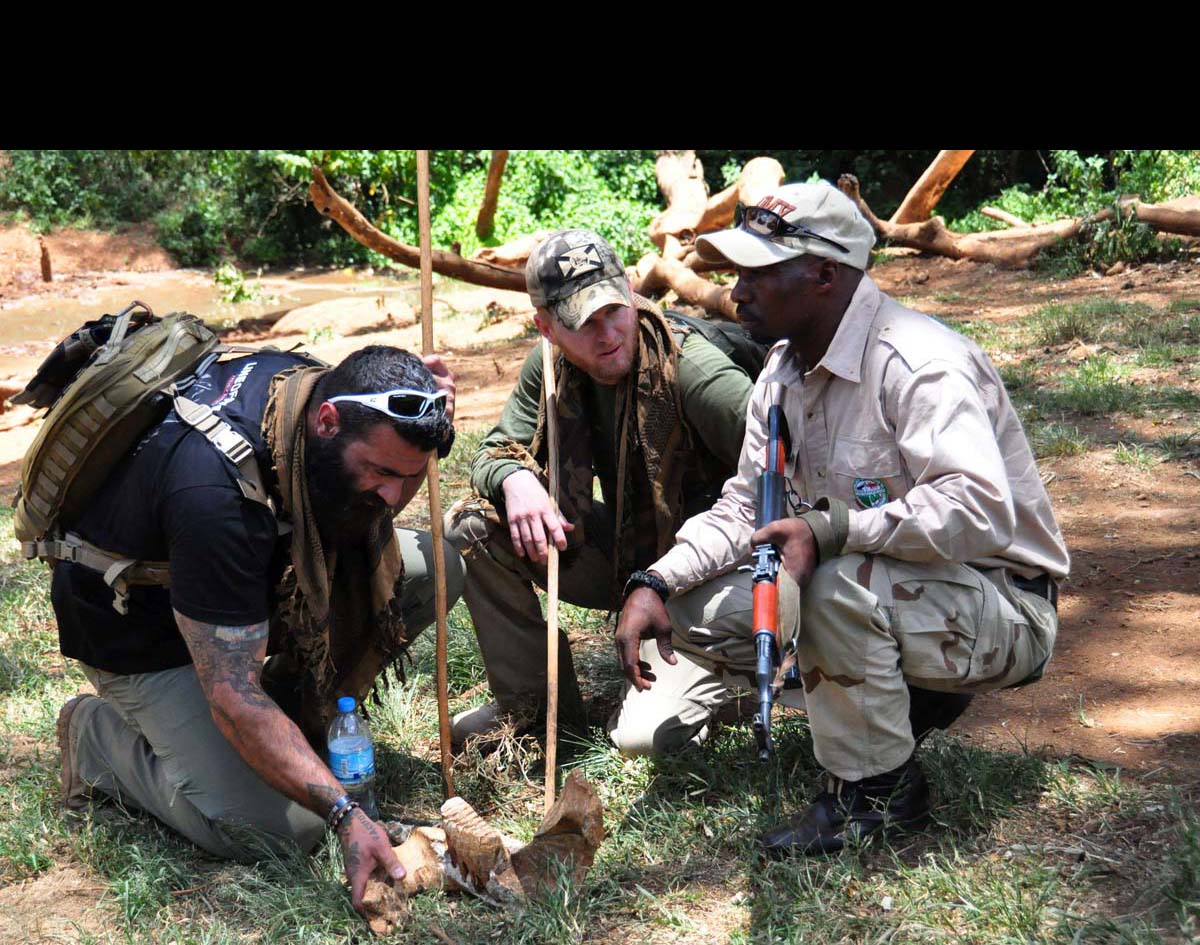The wildlife struggle is real. Thousands of endangered species are constantly harassed by hunters. Eighty percent of the world’s rhino population is found in South Africa; there’s the highest point of poaching. They’re slaughtered for their horns at an estimated cost of $65,000 a kilogram on the black market. Imagine the cruelty these wonderful species are facing every day and how close they are to their extinction.
As a consequence of such acts, anti-poaching nonprofit organizations give their all in Africa to help save this unique wildlife.
At VETPAW, as one of these organizations, we work hard every day contributing to this cause by training local rangers, providing surveillance and protection, and spreading education on the importance of the conservation of wild animals.
Poaching In Africa And VETPAW’s Struggle
Poaching’s adverse effects are very concerning when faced with the numbers. There were a few million African elephants and approximately 100,000 Asian elephants at the beginning of the twentieth century. Today, there are about 450,000-700,000 African elephants and 35,000-40,000 Asian elephants, according to a dosomething.org article stating facts about poaching animals. The statistics are nothing but scary.
Due to this evidence (and countless records on the impact that illegal poaching is causing to wildlife) is that organizations such as VETPAW are involved in the everyday struggle to abolish this inhuman act.
We’re veterans empowered to protect African wildlife. Our army veterans are sent to South Africa to share the knowledge and skills learned throughout our military life to local park rangers. Over the years of serving in this incredible organization, we have been successful in reducing the amount of killing of these creatures. However, there’s still a lot to be done.
VETPAW’s Contribution To The African Wildlife
At our anti-poaching organization, we’ve been employing veterans since 9/11, providing them a meaningful experience to make a change where it’s needed.
The African wildlife community is where we sought the opportunity to make our veterans’ skills valuable. We not only train local park rangers but take a step further by educating the African community.

